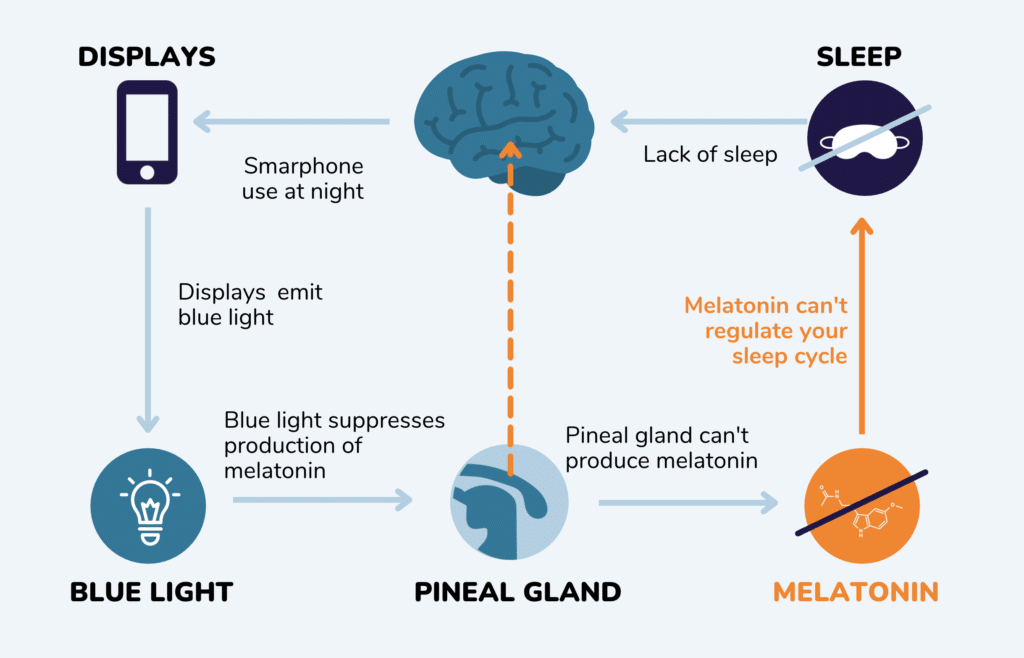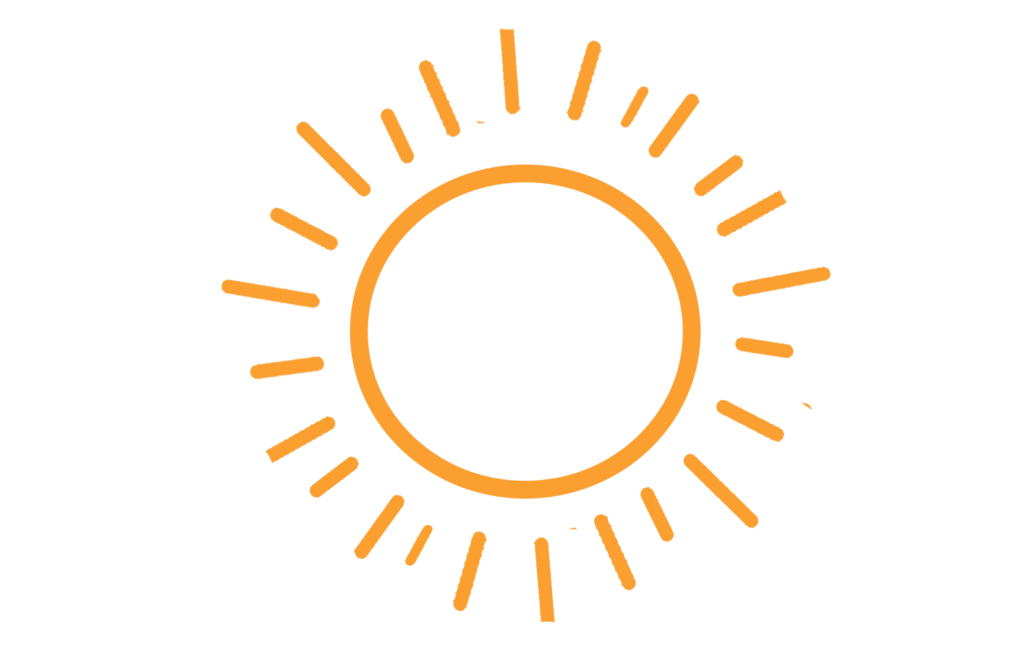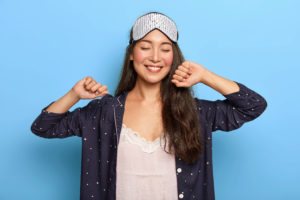
Blue light isn’t always bad but too much exposure, especially before bed tie, can be extremely detrimental to your sleep.
Here at Rested Health, we want to teach you the habits that have the least effort with the most reward. So, without further ado, here is your guide for avoiding the harmful impact of blue light and electronics on your slumber.
UNPLUG FOR BETTER SLEEP
Action Plan
The Problem:
Digital devices suppress melatonin and lead to increased stimulation and associations that disrupt sleep
How to do it
Start out by quitting electronics 30 mins before bed and work your way up.
Keep your phone out of arms reach at bedtime to avoid any urges to check emails or scroll.
Remove electronics (i.e. TV) from the bedroom.
The Science
Have you ever noticed how a bright blue sky gives you energy? The main reason is due to the high-intensity blue light that comes from the sun. Blue light is a short wavelength, which means it produces higher amounts of energy. The sun isn’t the only source of blue light, you get a ton of it from artificial sources.
Artificial sources of blue light:
- Fluorescent lights
- LED bulbs
- Television screens
- Digital devices (phones, tablets, computer monitors)
Blue light interferes with sleep in a few ways. First of all, it is energizing. Blue light boosts alertness and mental sharpness. While this makes blue light a great companion for work, it’s not so great for sleep.

Blue light is also problematic for sleep because we absorb it all. The human eye loves blue light and does a terrible job blocking it. As a result, nearly all the blue light in your environment passes straight to the back of your retina where it sends signals to the pineal gland in your brain (like, “HEY BE ALERT”).
Using electronics before bed negatively effects your sleep-wake cycle. Among all visible light, blue light has the most powerful effect on your sleep-wake cycle. It boosts wakefulness signals and reduces melatonin (you need melatonin for sleep). In fact, Research has found that blue light from digital devices reduces melatonin two times longer than other types of light. This makes it harder to fall asleep and reduces sleep quality.vA study in JAMA also found that exposure to artificial light at night is a risk factor for obesity.
Finally, using digital devices before bed can also lead to a heightened stress or arousal response due to the content you are consuming. This can be especially problematic if you use your phone in bed or watch TV from bed, where your brain may create associations between your bed and non-sleep activities. This is known as stimulus dyscontrol, and it’s a major cause of insomnia.

Unplug with Success
The science is clear that watching TV and scrolling your phone from bed is disruptive to sleep. Start small by reducing your use 20 minutes before bed and work your way up. It’ll get easier to make good decisions once your sleep starts to improve!
Health Benefits
- Promotes your natural production of melatonin.
- Increases restorative slow-wave sleep – important for muscle repair, metabolism, tissue regrowth, and immune functioning.
- Reduces overall stress and stress-induces sleep problems
- Strengthens the relationship between your bed and sleep, improving your sleep quality

Tips
- Try blue light blocking glasses and use blue light blocking programs on your digital devices!
- Swap out your electronics with another habit such as crosswords, podcasts, a fun book, or drawing which will not disrupt your sleep






